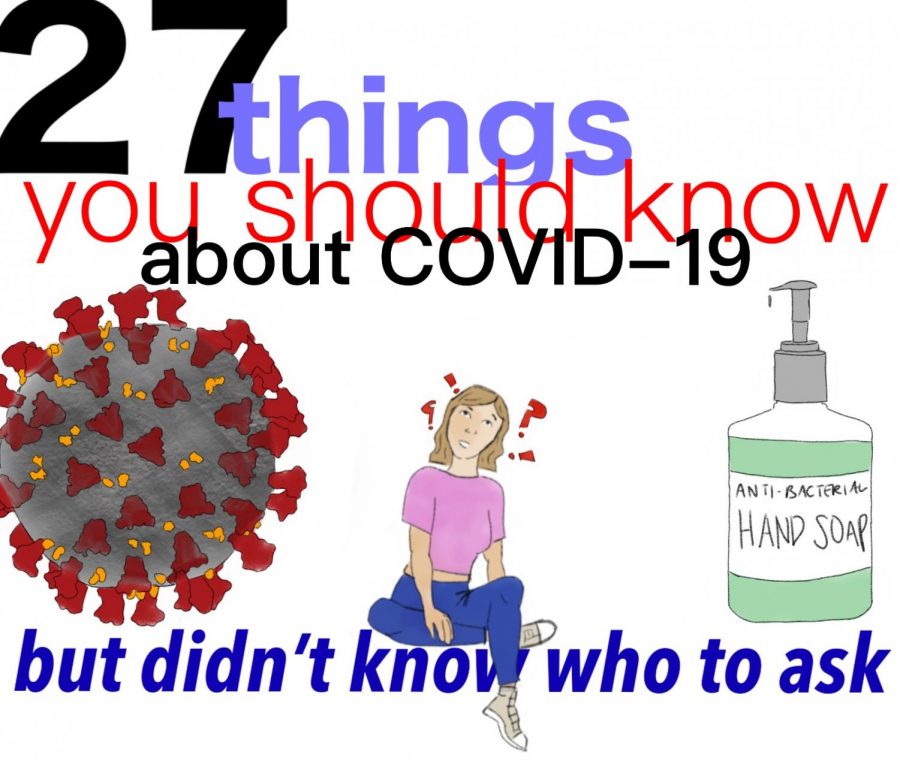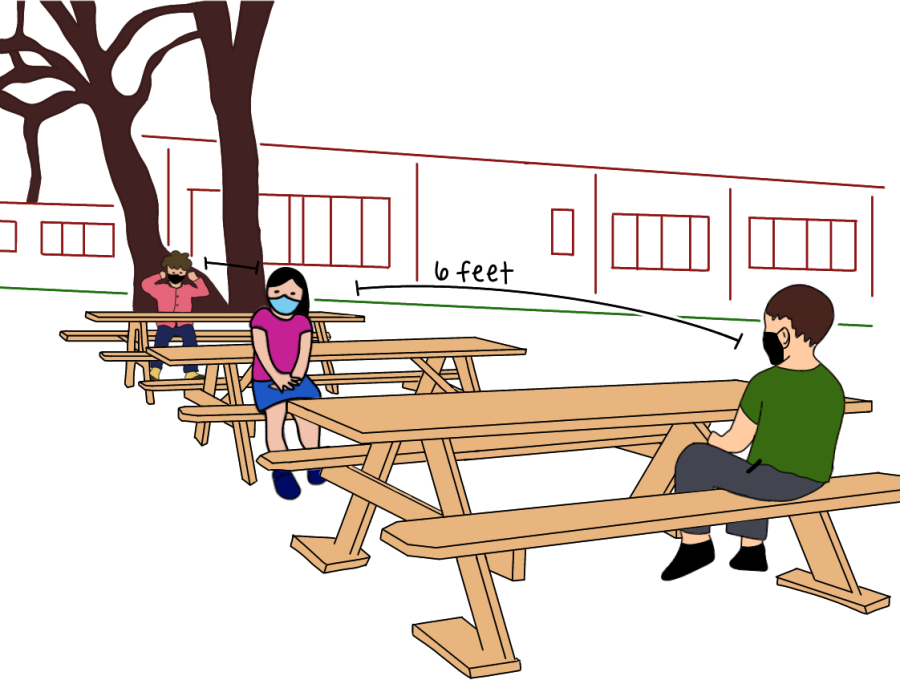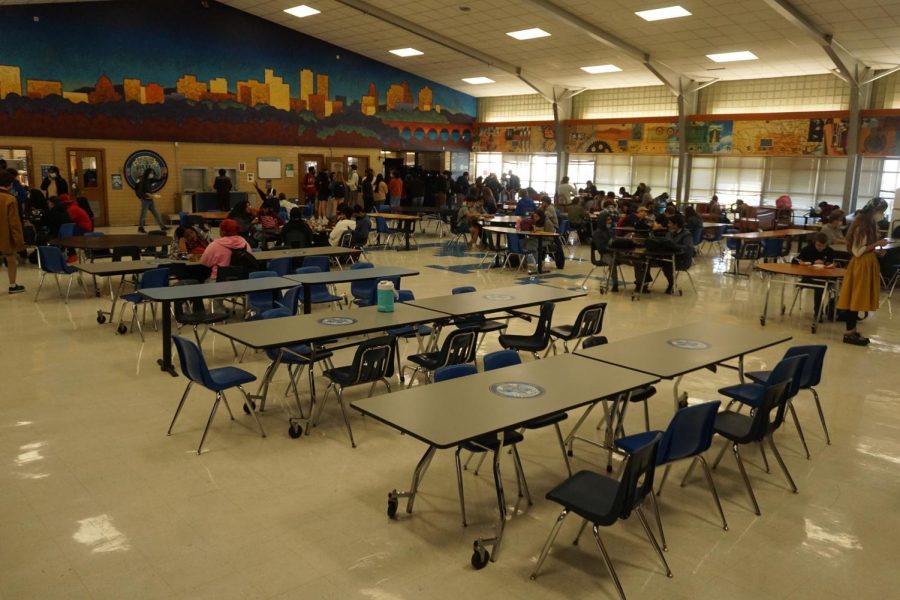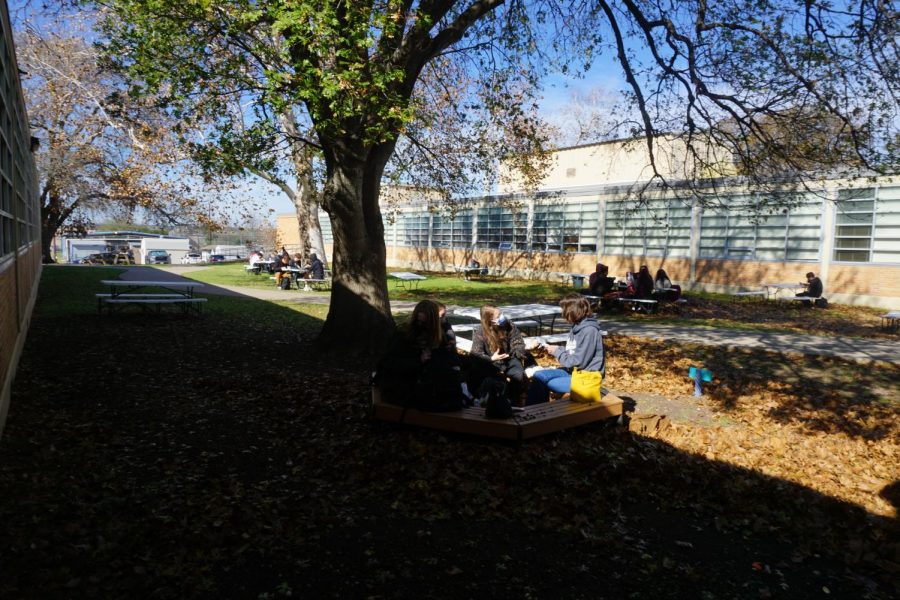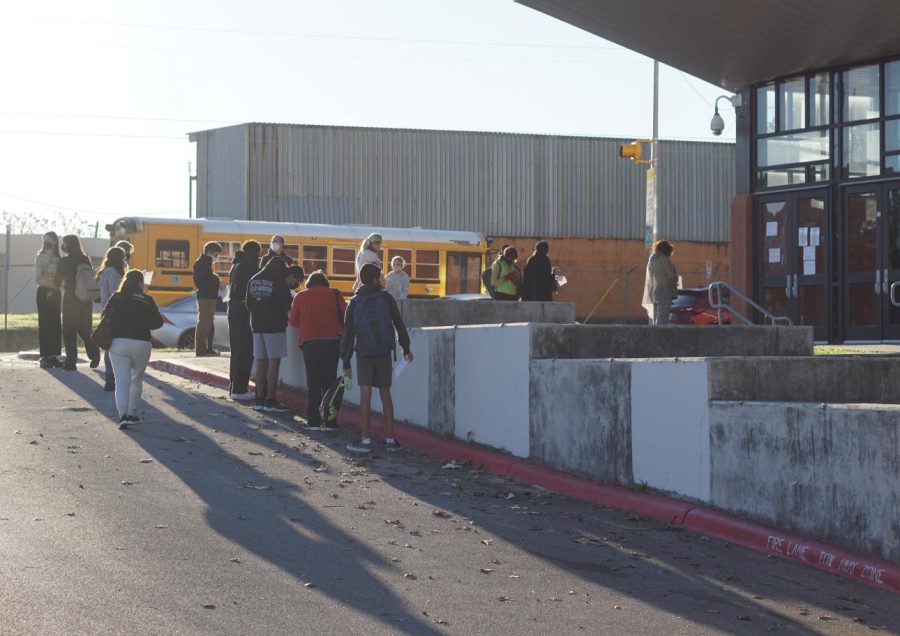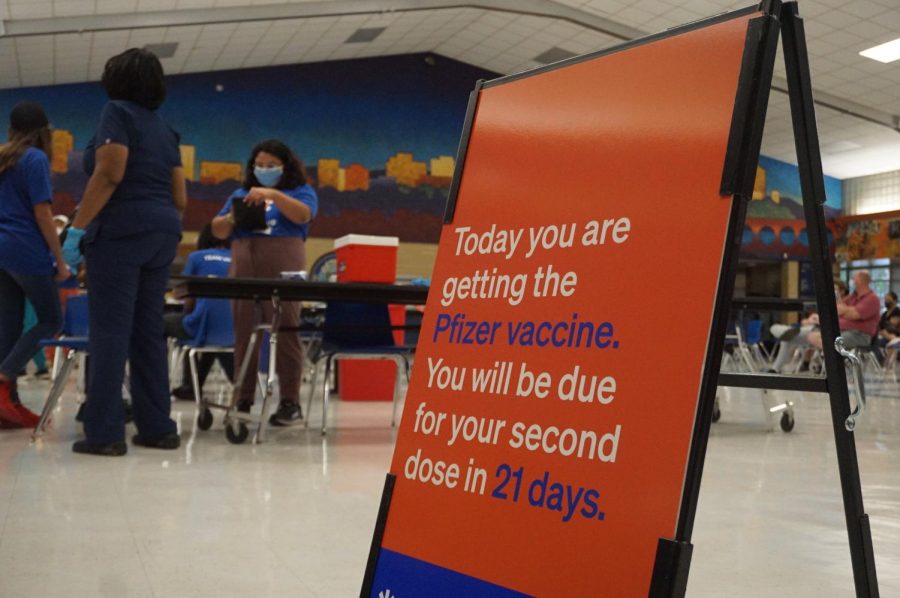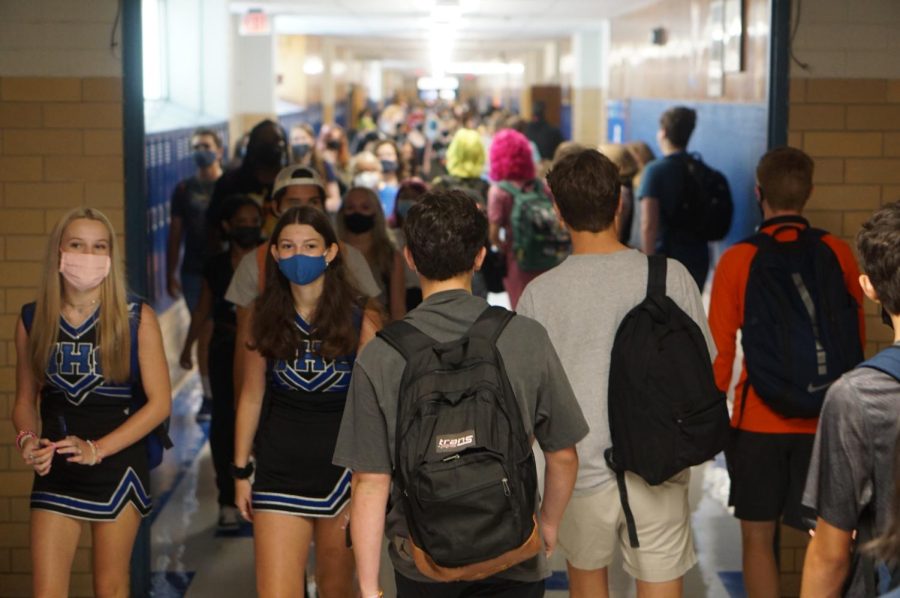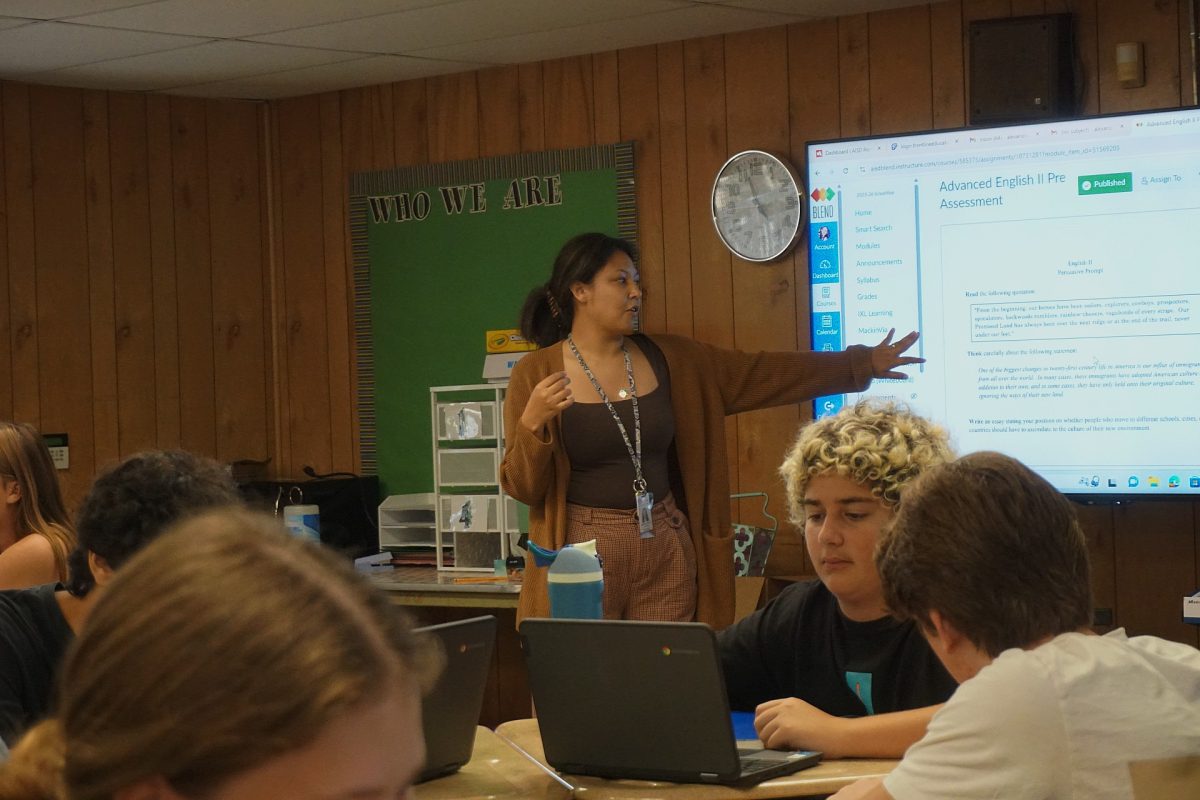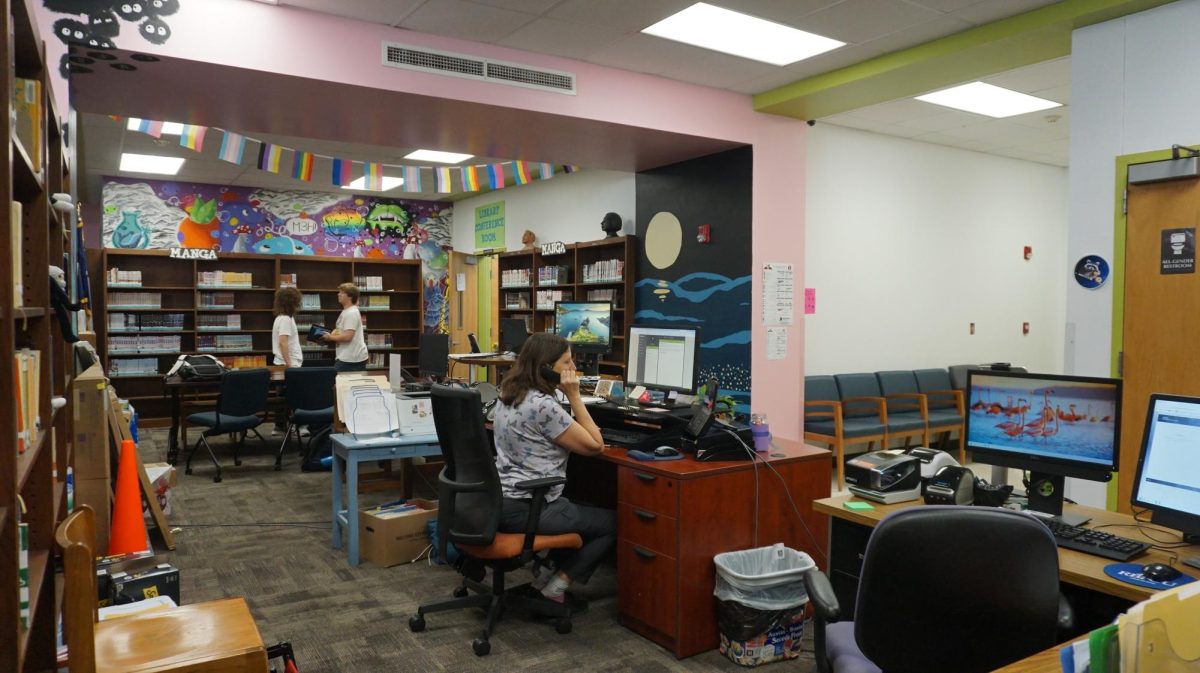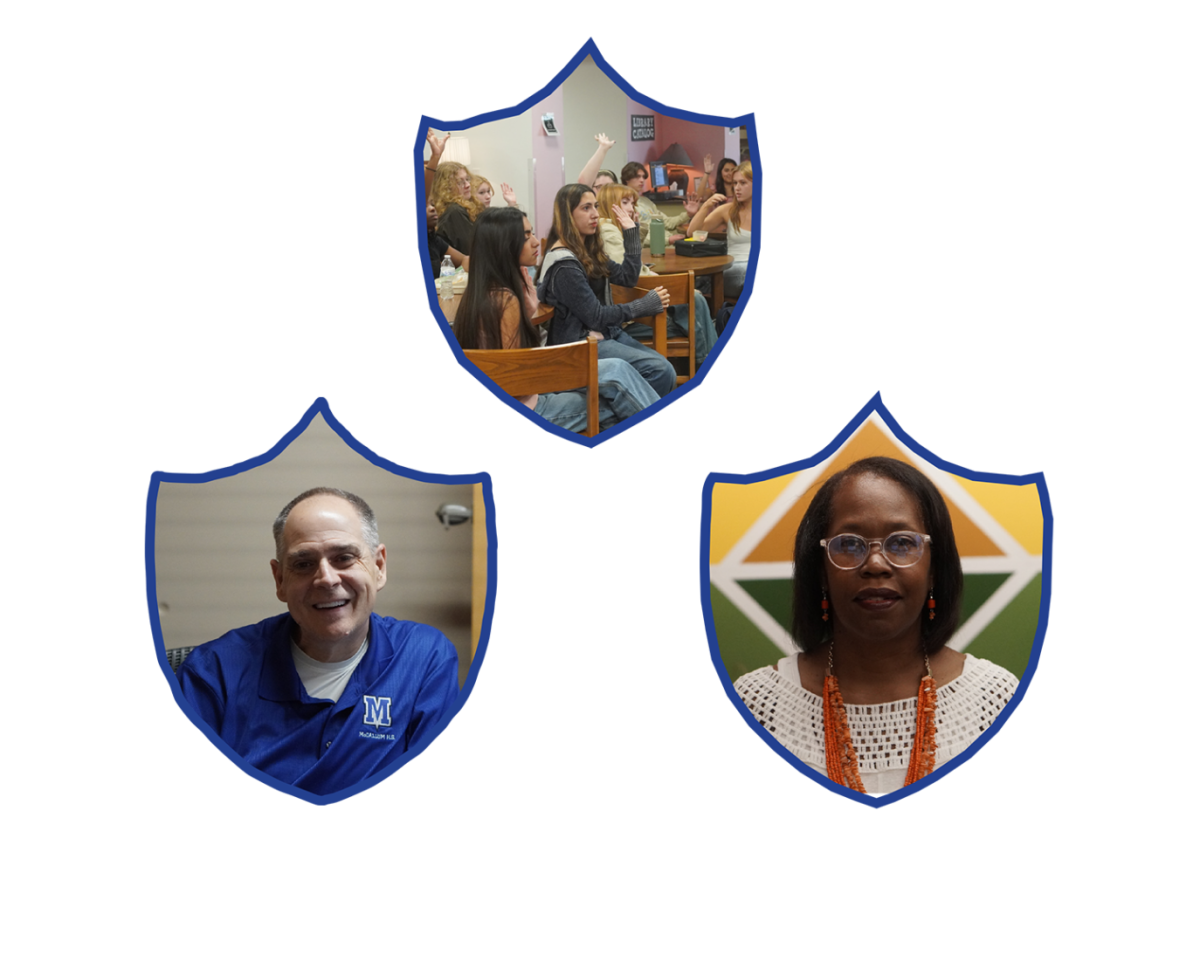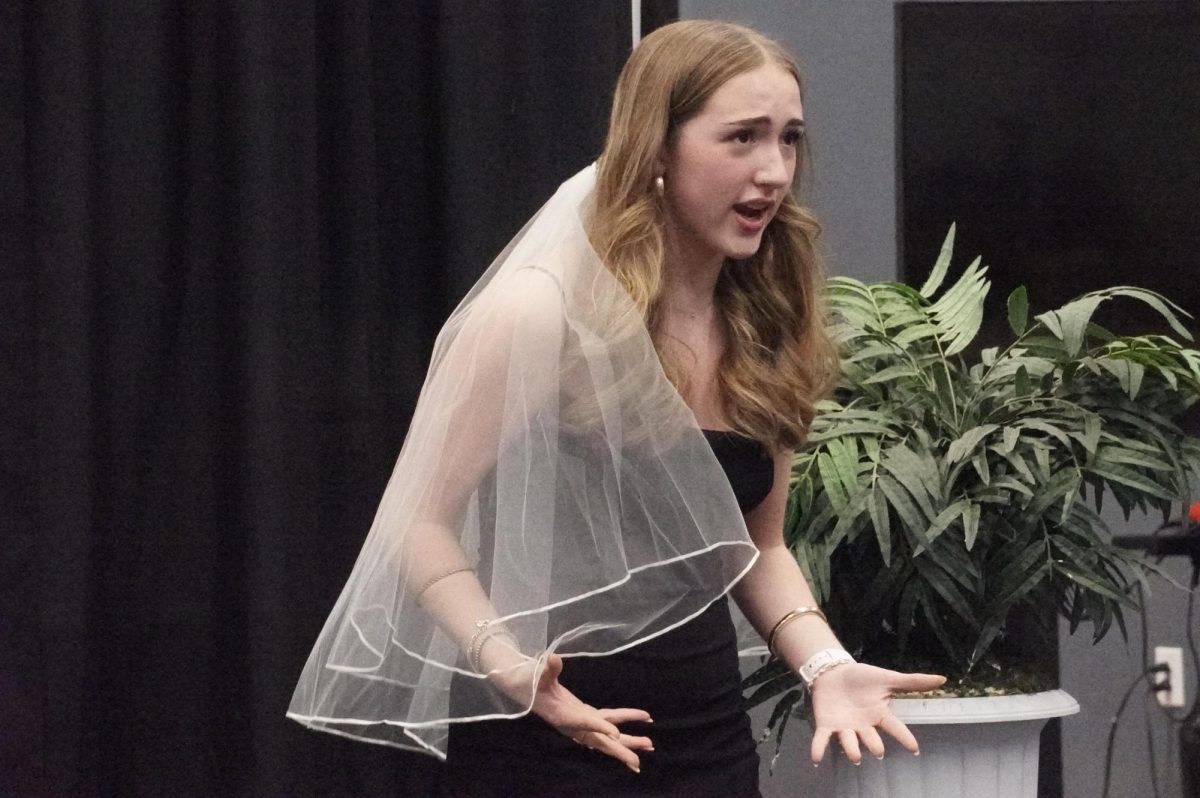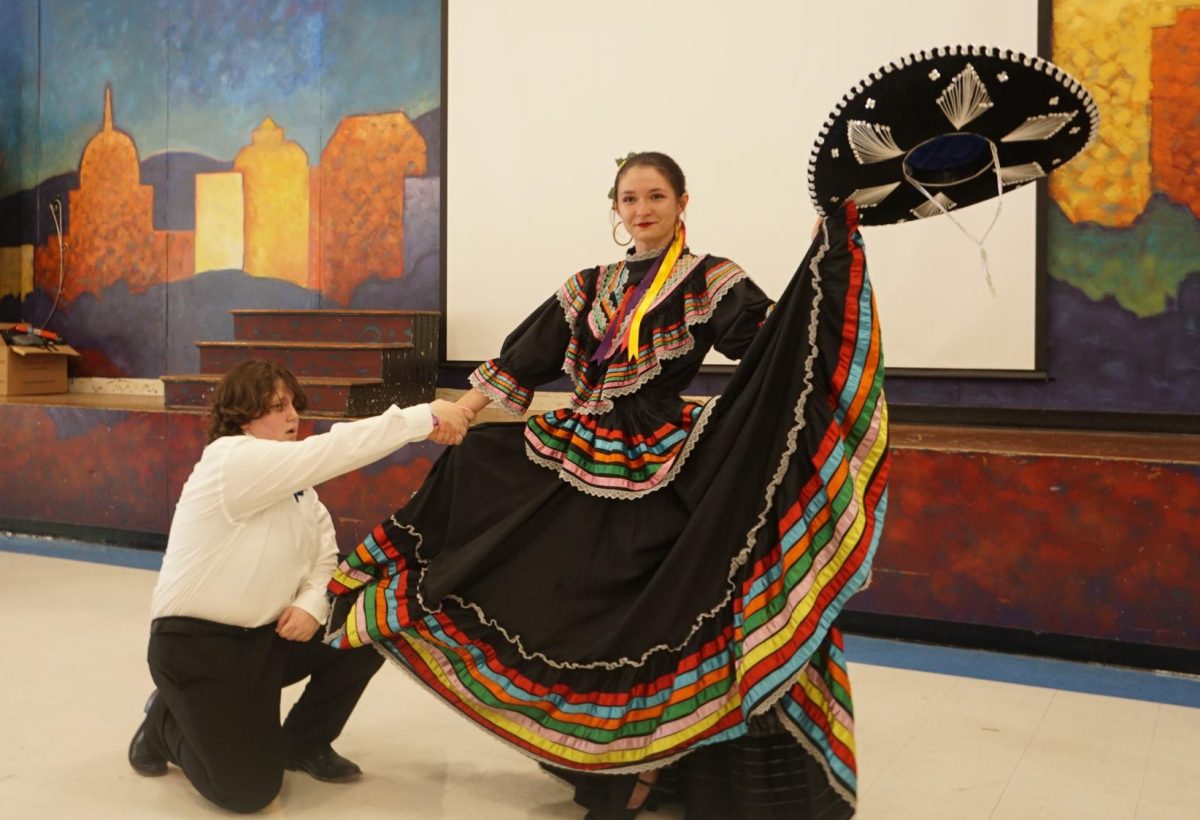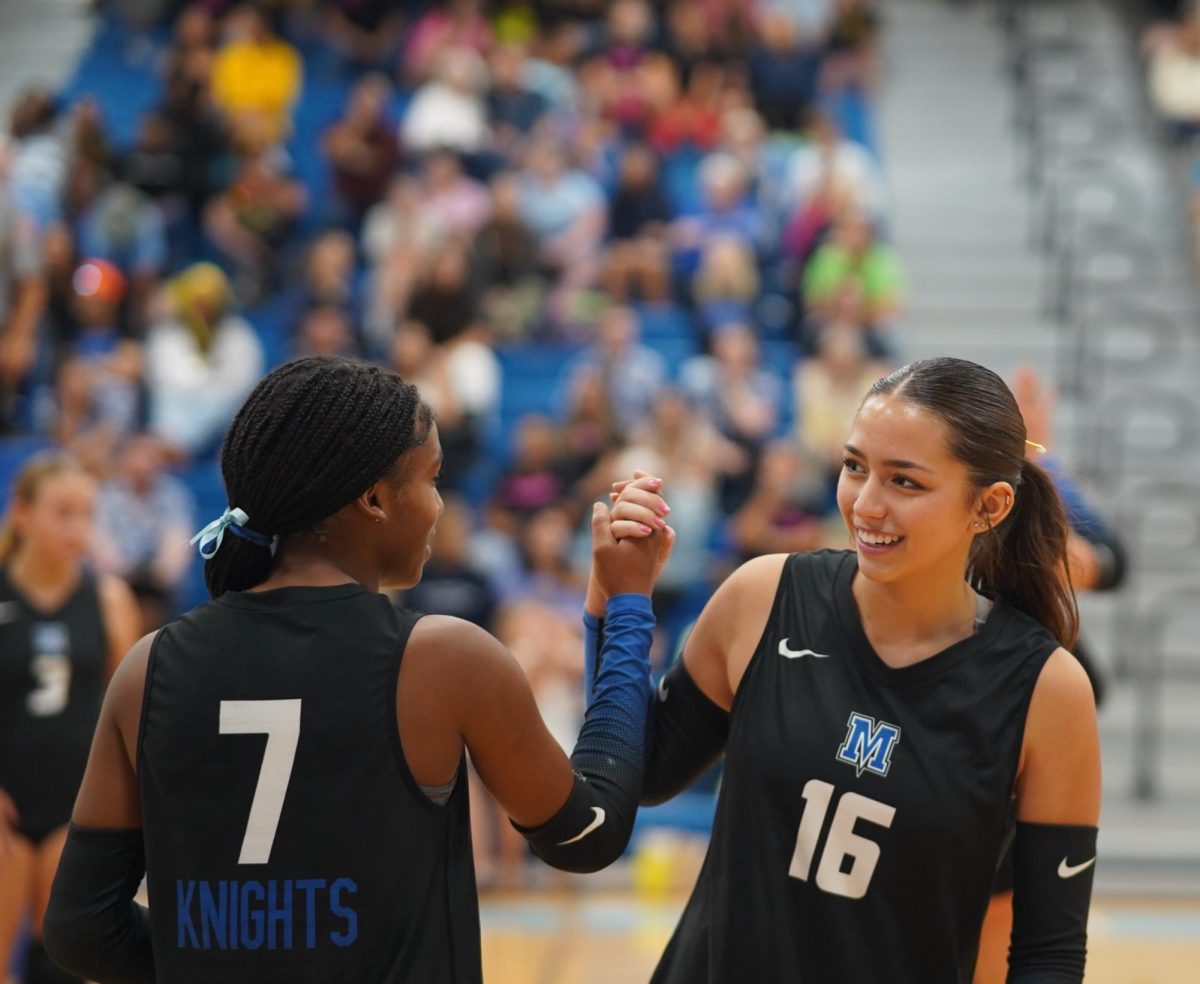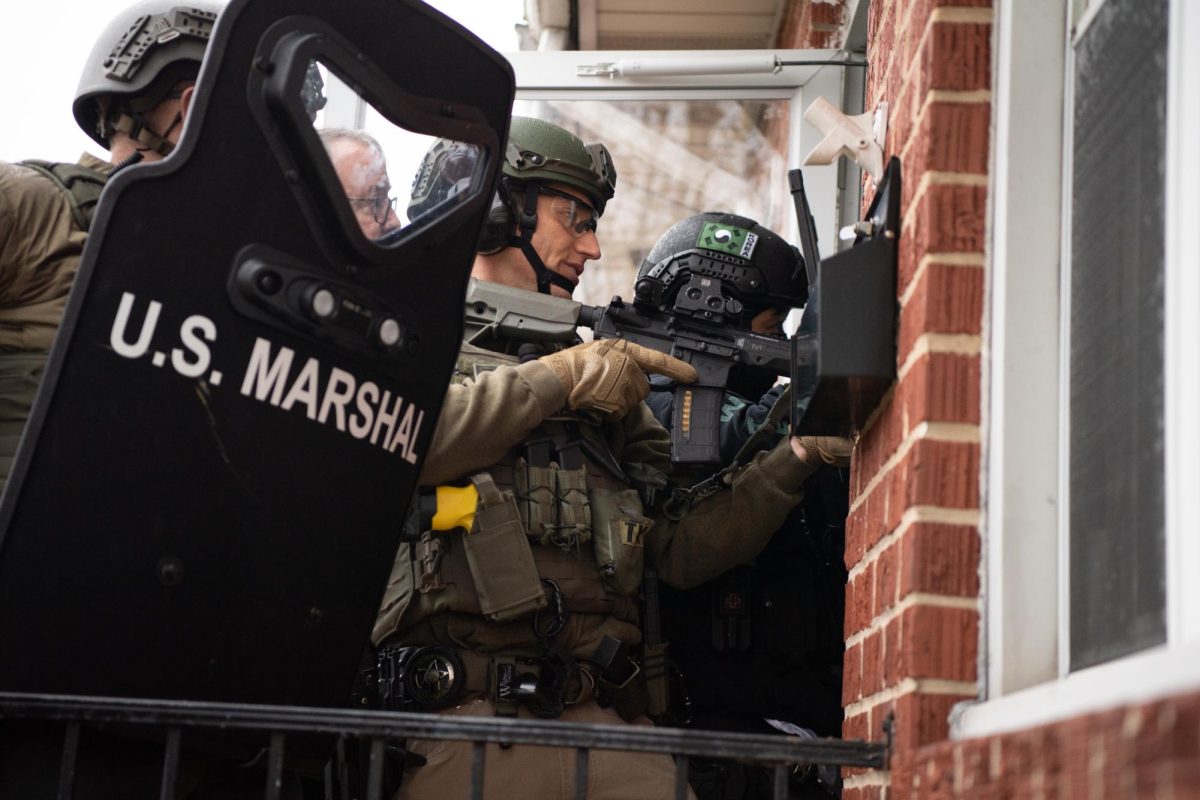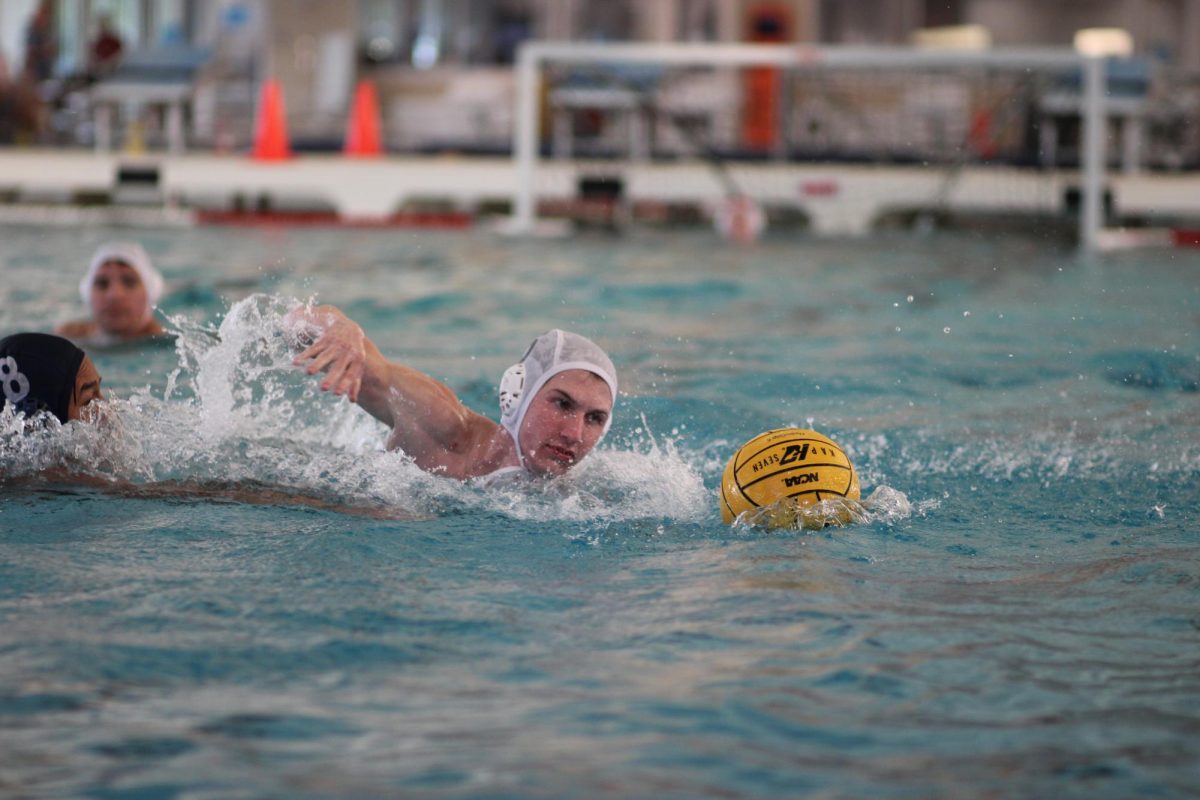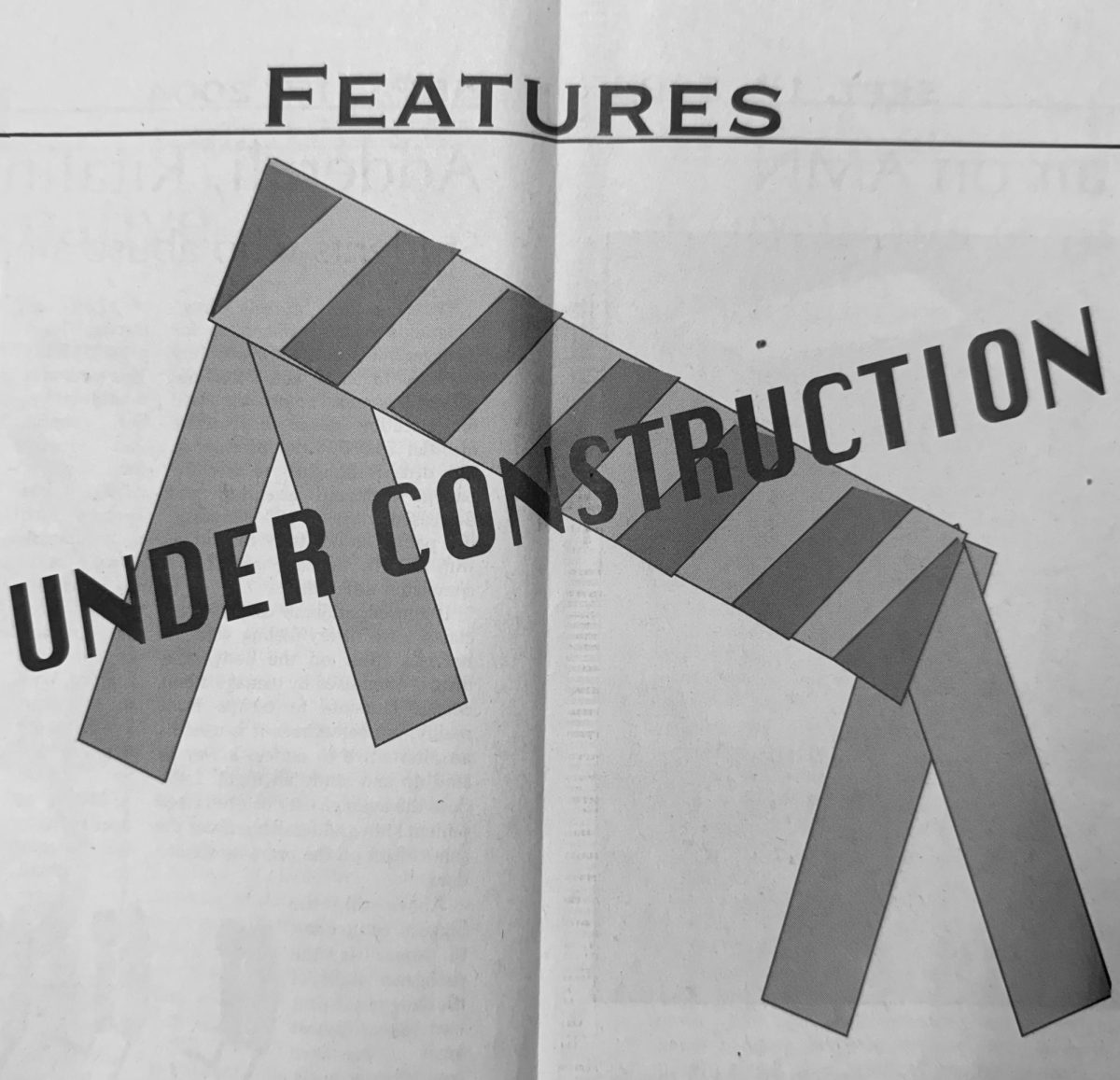An interview with Dr. Mark McClellan, former FDA commissioner, and current Director and Robert J. Margolis M.D. Professor of Business, Medicine and Policy, Fuqua School of Business, and a Senior Medical Advisor at Dell Medical School in Austin. Dr. McClellan is also on Gov. Greg Abbott’s Health Care Strike Force.
1. It’s a new virus, and that means no one is completely immune, yet.
Dr. McClellan: “It’s a new virus, nobody’s immune to it, we didn’t have vaccinations or treatments at all, and that’s why we’ve had to take so many steps to isolate and slow down the spread. When we’re past the peak, what that means is that all of those cases that spread while people were interacting, a lot have finished, and there aren’t as many new ones. Unfortunately, that doesn’t mean we can go back to normal. There are still lots of people who do not have any immunity to the virus, you know, they haven’t gotten sick. They don’t have a vaccination or anything yet, so that means you still have to be careful.”
2. Patience is hard, and we probably will have to wait for some time before we have solid treatments in place.
“This is very hard to be patient when we have to stay at home when there are a lot of people getting sick, so we need to work as quickly as possible to figure out treatments that are effective and to get those out to people who can benefit. I still think with all the work we are doing to speed that up it’s still going to be some months before we’ve got some really good treatments in place.”
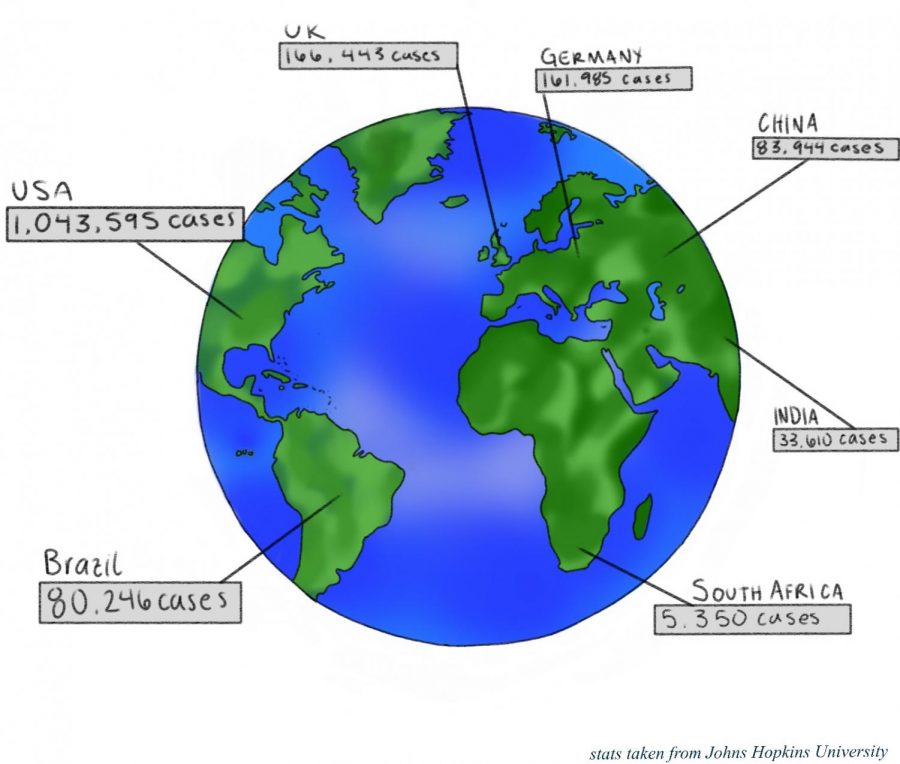
3. COVID-19 has sparked a global response, and many people are working together to find vaccines and treatments.
“What’s been really remarkable is that [in response to] COVID-19, lots of governments and lots of companies and lots of scientists are all working together across the world to study the most promising vaccines together as quickly as possible, and even before the studies are done, they’re going ahead to make lots of these vaccines so as soon as we know whether they work they’ll be ready to use in lots of people. There are a lot of people around the world who really need a vaccine to COVID-19, so we are talking billions of doses of vaccines, but before we start using them on lots of people, we need to make sure that they are going to work, that they’re gonna help people stay immune to the virus and they’re not going to cause big side effects in healthy people.”
4. Locally, Dell Medical School at the University of Texas is doing its part to help out.
“Dell Medical School in Austin has started programs for some of the people who are not able to do much of their usual work now. Medical students and some of the health-care workers [are] help[ing] track down people who might be affected by an outbreak. So one of the best things to do to control an infectious disease like this one is to detect a new case quickly and when we find somebody who is sick through the test that we are doing now for COVID-19 talk to them about who they’ve been in contact with and find those people and let them know they may have been exposed to the virus and help them spend time in isolation so they don’t send it to anyone else. Dell Medical is working on some new ideas about how to best do that kind of very important work for controlling an outbreak. It’s called test and trace and the contact tracing can be helped by apps on the phone and by data about what’s going on in the community, so there’s some important work at Dell going on in that area.”
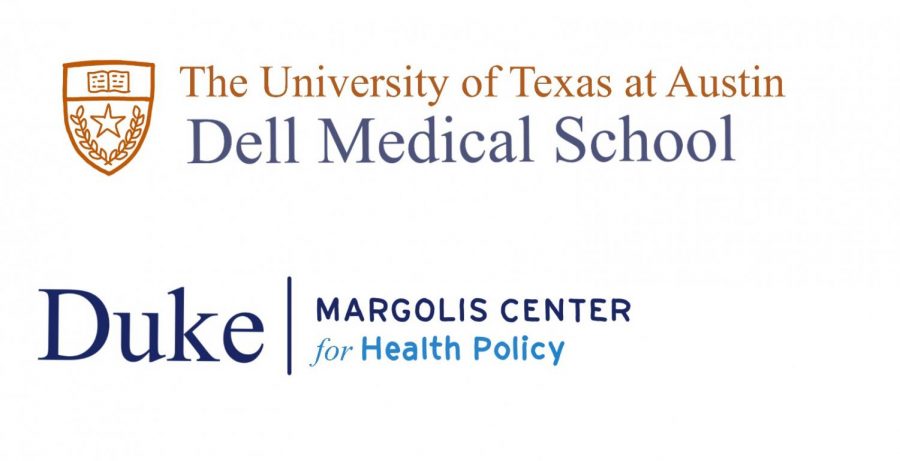 5. Duke University is also working on steps to help get the treatments in place.
5. Duke University is also working on steps to help get the treatments in place.
“And then at Duke University our program, Margolis Center for Health Policy, is doing a lot of analysis about what kinds of steps including new ways of doing clinical trials that can help get the treatments that can work against COVID-19 available faster and also a lot of steps on how we can best implement these reforms to get to the new normal, so that we can open back up our businesses and get back to school and get back to work. To some extent without having the virus get out of control again.”
6. There are many different factors that are being studied to help prevent the spread of the virus.
“Some of the research is about what are the best ways to keep the virus from spreading so, ‘Do we need to be six feet apart? or four feet apart? Are there masks? Other steps we could take to keep people safer?’ and there’s research like that going on all over the world.”
7. We will have a new normal for a while, but vaccines and other treatments are going to come in the months ahead.
“We’re going to have a new normal for a while. We are going to have a vaccine and better treatment coming in the months ahead. Scientists all over the world are working really hard and really fast to make better treatments and develop a vaccination that works. But that’s still some months away and in the meantime, what happens next is that we’re going to try to go back to doing more things together: shopping, going out to see friends. But we’re going to have to do it more carefully with more distancing and maybe getting used to wearing masks and maybe getting used to staying a little bit further away, not the usual handshakes and big hugs and things.”
8. People make antibodies to fight off infections, and much like the flu vaccine and others, doctors and scientists are trying to find ways to give us the antibodies we need so our bodies can learn to fight off the virus.
“People make what are called antibodies in their blood that can fight off infections, but it takes time for people to develop that, and you only develop it when you get an infection, so the big idea behind the vaccine is to inject something like the virus but a piece of it or a product of it that’s not infectious and dangerous in itself so that it causes your body to make that immune reaction without getting you really sick. That’s what is behind the flu vaccine and the other vaccines kids take because they work to make them immune to the virus. And the scientists around the world are working on a lot of different methods to make vaccines to the COVID-19 virus now. Some of them are based on the proteins of the virus, some of them are based on the RNA of the virus, the stuff in the virus that helps it make copies of itself, and some of those potential vaccines are already being tested in people.”
9. Treatments for the virus also take some time to develop and have to be tested in mice or other creatures so scientists can make sure they won’t have bad side effects in people.
“Before they are tested in people, [treatments] are typically tested in mice or in other settings to make sure that they are likely to work and to make sure they are not really dangerous for people. And then testing those through a few steps; first, the testing is to make sure, in healthy people that the vaccines aren’t dangerous, that people don’t have side effects. Those are not very big studies, and they involve volunteers who are healthy, and they just want to help learn more about how the vaccine can work. And then, there are some bigger studies, first to figure out what kind of a dose of the vaccine is needed to have a benefit in terms of an immune response, but not too big to cause side effects and then the big trials are in a larger number of people to figure out if the vaccine really is safe enough, and it’s really likely to work. And those trials take a little bit longer partly because it takes time for people to develop the immunity after you give them the shot. These studies will probably take place in areas around the country or around the world where people still are having problems with the virus.”
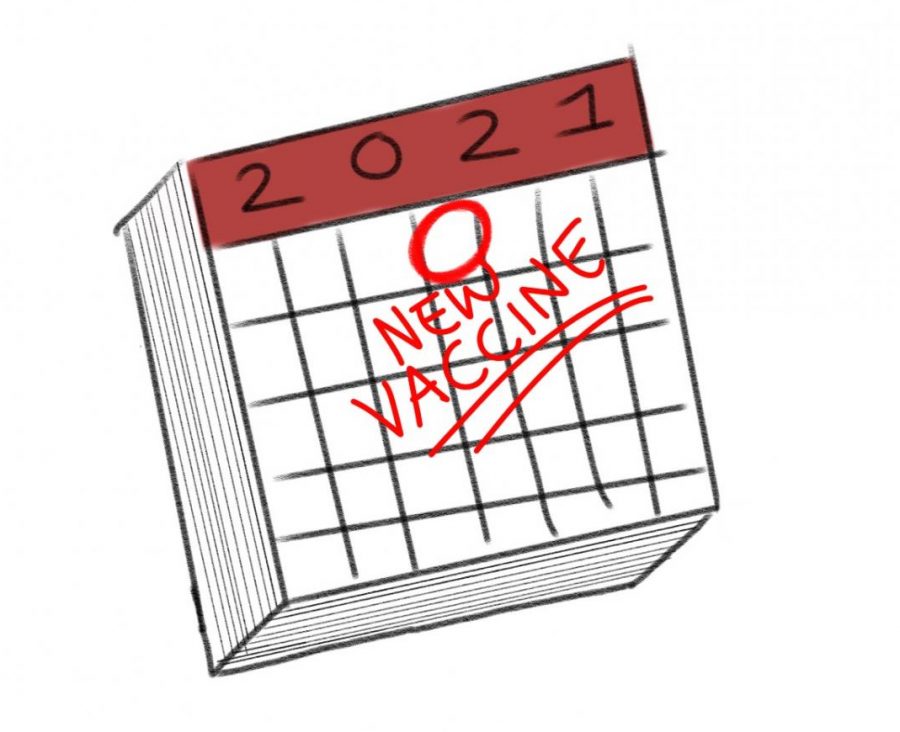
10. We still need to take careful steps, but there’s a chance we’ll have a good vaccine by 2021.
“I think there’s a very good chance that we’ll have a vaccine that works or maybe more than one vaccine that works by 2021 because of all the staff and intensive hard work that’s going on now to develop a vaccine. I also hope that even before then we’re going to have treatments before then that help with the virus and make it less likely that people get really sick and need a ventilator and hospital care when they get COVID-19. And so all of those steps are going to help get us back to normal. But I think it’s going to be some months before we get to that level.”
11. Even if people get vaccinated, vaccines don’t always work, or booster vaccines are needed, too, so we’re going to need to be careful for a while.
“I think that because, even with vaccines, and even if most people get vaccinated, you sometimes have to get booster vaccines after a while, and sometimes the vaccines don’t work. So I think we’re going to have to be careful for a while about this virus, and I think this is a good reminder that there are viruses that come along, we’ve had previous epidemics like SARS and H1N1 Flu; both of those happened within the last 20 years, so I think we need to be more careful to prevent something like this in the future, and the best way to do that is to have health-care systems that are more about prevention and early detection of problems than we’ve had in the past. And that’ll be true for the U.S. and other countries. So travel might be a little bit different as people are more careful about spreading infections and hopefully we’ll have better health care that does much more to keep people healthy and to detect problems early.”
12. Until we get a vaccine, we may have to deal with smaller outbreaks and try and control those quickly.
“What we’ll have to live with between now and then is outbreaks that are small and that hopefully don’t happen very often, and they’ll hopefully won’t happen much in Austin or most cities and towns around the country, but we’re gonna have to be careful to make sure that if there are outbreaks we can keep them under control quickly, and we’re gonna have to be careful about some social distancing during that time.”
13. If you think you have symptoms of COVID-19 you need to let your parents and doctor know, and they will get you help. It isn’t as prominent in younger people, but that means you could carry it but not know that you have it.
“If you do feel like you got symptoms of COVID-19, and that could be anything from like a fever to a cough or the way you feel when you get the flu, it’s important to let your parents know and let your doctor know, and they’ll have some advice for you. I think the other good news about this virus, and there’s not a lot of good news with it, is that it tends to not be very serious in young people so high school students, younger students, tend to have very mild cases, and a lot of times when they get it, they don’t even know they have it. And that’s good for not getting sick and not having to worry about getting treatment, but it also means that sometimes kids who don’t know they’re sick can spread it to other people.”
14. We still need to find ways to catch health problems early and find treatments for them but also keep them under control.
“But those same ideas about detecting health problems early and treating them before people get sick also applies to what we need in the rest of our health-care system. So working on getting our blood pressure under control, working on regular exercise, working on other health problems before they progress is something that I hope comes out of the progress that we’re going to make against the COVID-19 virus.”
15. This pandemic is showing how everyone needs some form of health care, whether government-based or through their own private insurance.
“I sure hope this reminds people how important it is for everyone to have access to good health care, and that might be through the government system; it already is for many people. It might be through private insurance plans; many people like those, but we need to work to make sure everybody has access to affordable health care, and this is also a reminder that we need a health-care system that’s good at focusing on prevention and good at identifying health problems before they happen.”
16. Texas is not done with the virus yet, but there are encouraging signs that Texas won’t see the same impact suffered in New York and elsewhere.
“There will probably be some peaks in some places later. Some parts of Texas still have an increasing number of cases, but I don’t think the peak will be as high. So we still have to be careful, but I think the good news is all of the steps to isolate that we’ve taken have slowed down the peak and also reduced the number of cases. So we’re definitely not done with this virus, but it’s a good thing that the peaks haven’t been as big or as fast in most of the country.”
17. So taking the steps that we’ve been doing and being able to track and trace will help us get back on track.
“So doing the steps that we’ve talked about, some social distancing and testing to see if people do get sick, and [if] some people who aren’t even showing symptoms have the virus or not, and then taking these steps to track and trace the people who were in contact with people who got sick, so the virus doesn’t spread further. Those are gonna be important things in the next few months, so that we can get back on track for school and other kinds of things that we like to do as soon as possible.”
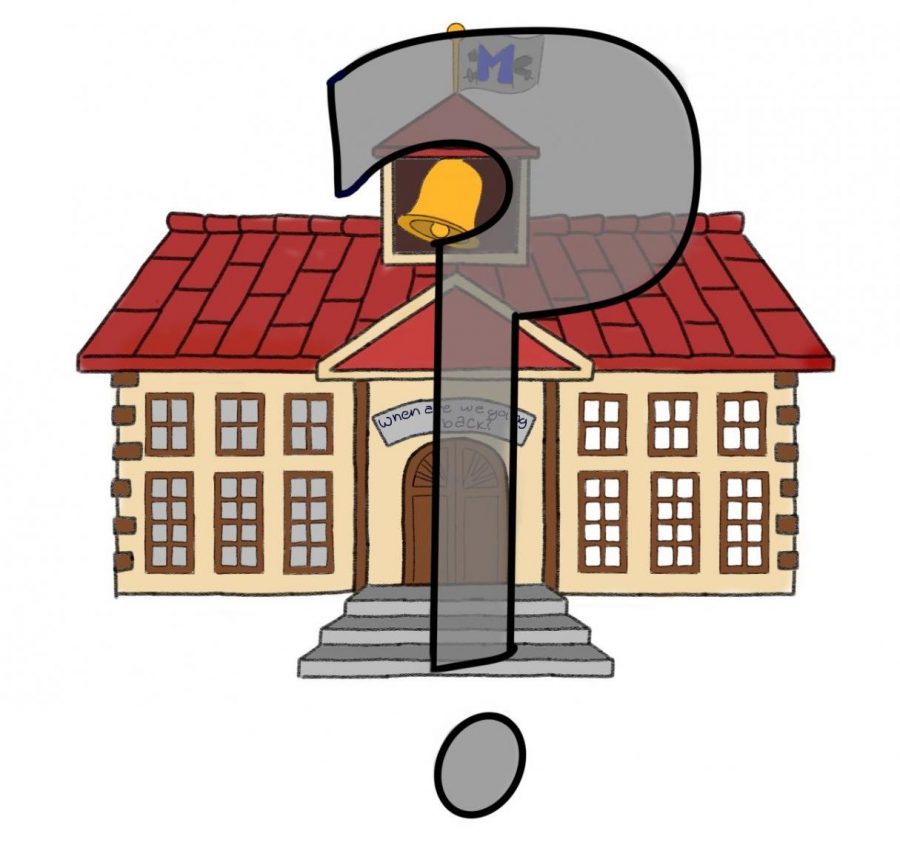
18. School will likely look different when we return in the fall but has the potential to go back to what it used to be once we get a vaccine.
“I also think that school might be a little bit different, maybe sitting a bit further apart, maybe not doing group sports at the beginning, you know not having big games, but that’s only for a while. That’s only until we get through the period without a vaccine and without good protection against the virus. I do think people are working really hard to make it possible to go back to school that’s more like normal by the fall.”
19. There is a chance that school days will not be as long and that classes will not be as crowded.
“The school day in the fall might not be as long, or there are some classes, especially for college students, some lectures that could be done without having to be there in person. Maybe you’ll spend a bit less classroom time, the classrooms will be less crowded, more of a staggered schedule. I don’t think we’re gonna be [back in school], especially for kids who are younger and maybe up through high school, I think people are working really hard to get the schools back open.”
20. We won’t be in this spot forever, but we are for now.
“We’re not going to be in this tough spot where we have to be so careful and keep a distance forever, but we do need to be careful for now while these treatments are coming along.”
21. Some people are having a tougher time alone, and we need to help them. We also need to stay individually healthy and keep staying in good spirits.
“I think some of the most important things to do while we are living through this is helping other people. There are some people who are having a tougher time being alone who are having a tougher time getting food or maybe living by themselves, and there are lots of things that people in communities are doing to help them and to help [keep] new outbreaks from happening. But I think the most important thing is to try and stay in good spirits, read some good books, exercise, do the things that you like to do maybe virtually rather than so closely with other people and just remember that we need to be careful about spreading the virus while we don’t’ have the best possible treatments available.”
22. We are going to get through this, but will likely have a modified lifestyle.
“Hopefully, we’re gonna get out of this soon, but gradually and there’s a good chance that if we do the right thing we can work out going back to school in a sort of a modified way in the fall, and I hope we can get some better treatments and get this behind us before too much longer.”
23. Things will slowly open back up, but might take some time.
“I think we’ll start taking steps to the new normal fairly soon, so definitely before the fall, but they’ll probably be more gradual steps. Maybe some more stores opening back up but people staying apart in them just like they’re doing now in the grocery stores, maybe some more parks opening up but not the crowded playgrounds. So more open space for people to get out and spend time with others. Maybe with a little bit of distance between them.”
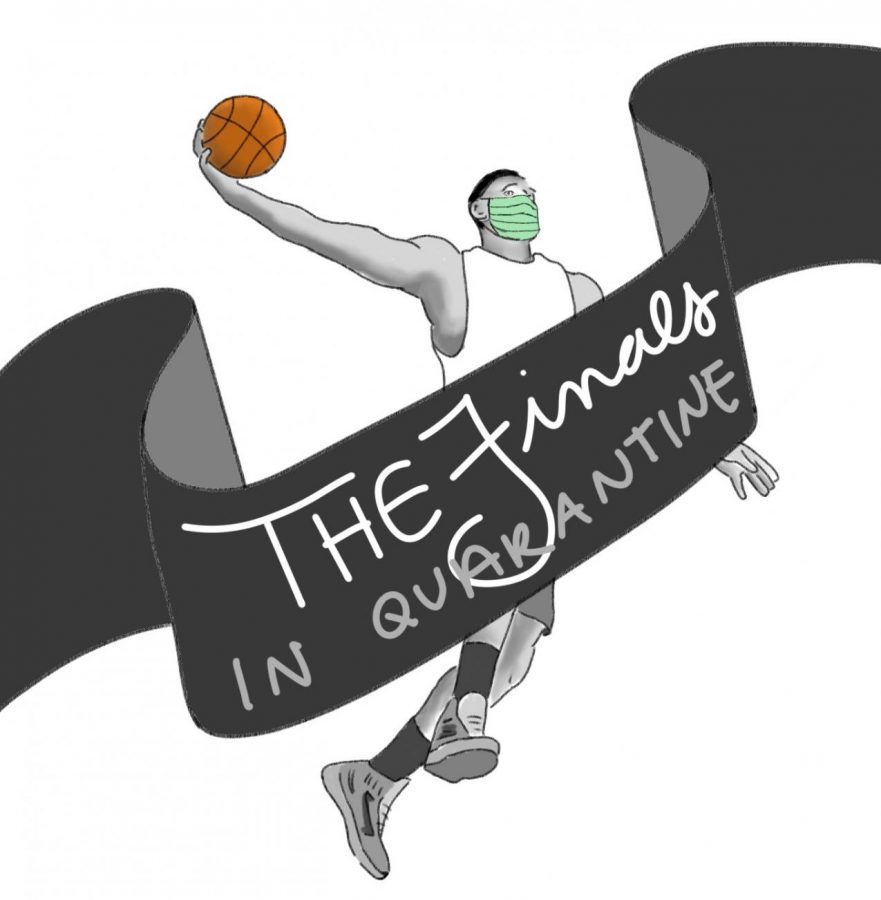
24. Even professional sports might get back to playing soon, just with limited/no fans present.
“The NBA Finals will have good tests and can make sure that people who do have to get together for the game aren’t sick and can’t transmit the virus. And maybe have the games played without people in the actual stadium or without very many people who are spread apart in the stadium. There are lots of good ideas of how we might be able to adapt some of our sports and some of our other activities so that they can take place.”
25. It won’t be normal again, but it’ll get better so we can spend time with and be around other people.
“So it’s not going to be normal, like the old normal, but it’s going to be better in terms of spending time and getting to do things compared to the way it is now. We are also going to be helped by treatments that are going to be developed before the vaccine.”
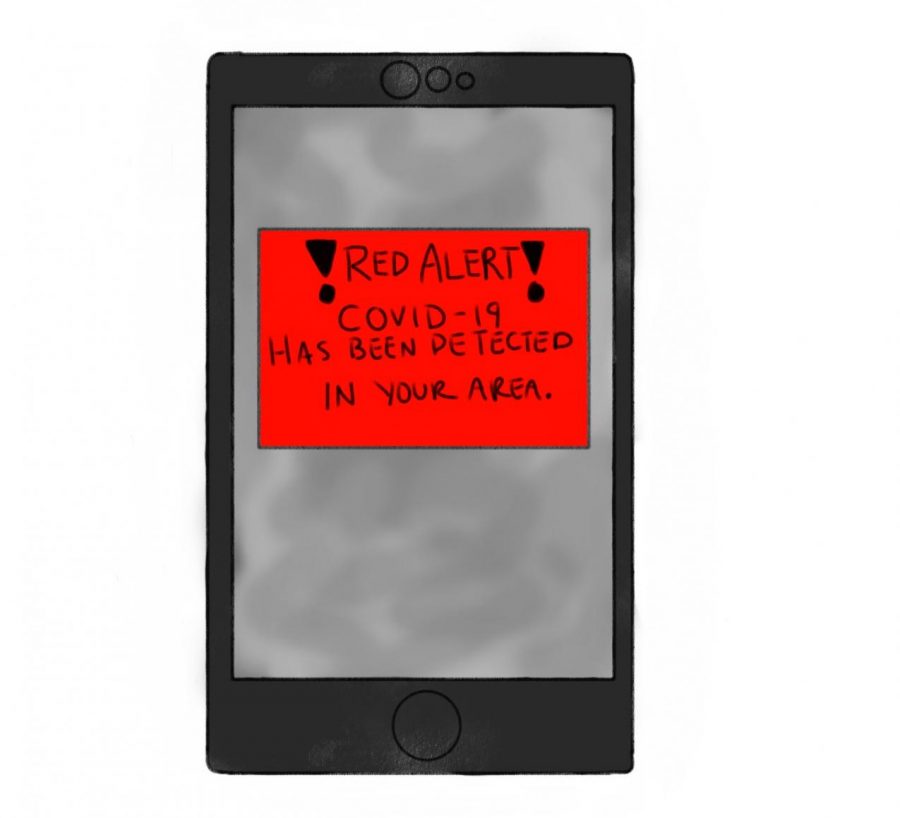
26. We don’t want to live through something like this ever again, so we’re going to find ways to get information on outbreaks to you, kind of like how you get alerts on your phone.
“We don’t wanna live something like what we’ve done in the last month ever again and with all of the testing and with all of the work to identify if there is a new outbreak quickly, people are probably going to start getting information kind of like how they get a weather report, whether there are any outbreaks or bad situations in their area. When that happens, we may need to go back on some of the steps we’ve taken temporarily to slow down the spread of the virus again.”
27. It will get better.
“It’s going to get better. It’s definitely going to be better than what we’re doing right now, and I think especially if everybody works together to follow the recommendations, to not get to close and to wash hands and [to] take other steps to avoid spreading the virus, staying home when you are sick and so on, I think we can be in a much better place than we are now.”
Dr. McClellan is the author’s uncle.



